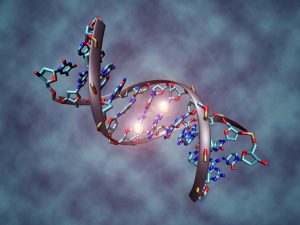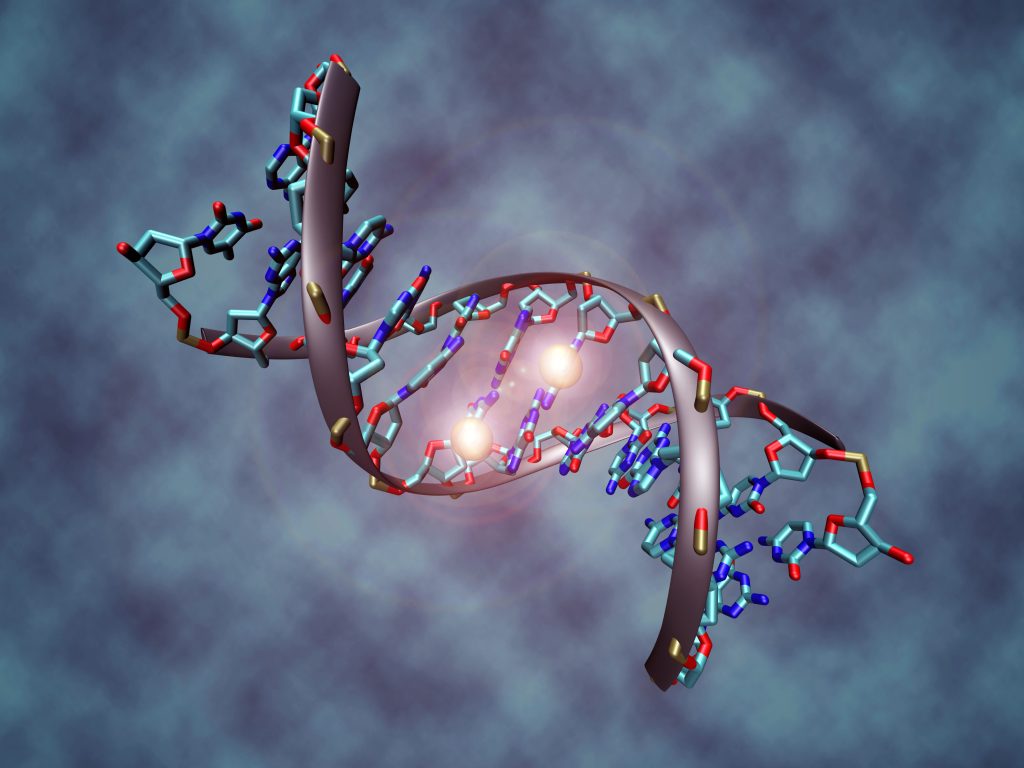Scientists at IORS, supported by the Science Fund of the Republic of Serbia, in collaboration with Beck lab at UCL Cancer Institute have performed a systematic benchmarking of sequencing-based methods for measuring DNA methylation and developed a framework for data integration across different platforms in a paper published by Tanić et al. in Nature Biotechnology.
Epigenetics invokes upregulation or downregulation of gene expression without changing the underlying DNA sequence. Regulation of gene expression by DNA methylation is crucial for the survival and adaptability of living organisms as a response to developmental cues and environmental stimuli. In recent years, the development of targeted bisulfite sequencing methods has made it possible to comprehensively analyze the human methylome. Several companies make standardized off-the-shelf platforms, however, until now no quantitative comparison of these methods has been made. A major limitation is that the different platforms target different parts of the methylome which limits their interoperability with other data.
This study demonstrated a high level of concordance between these platforms, but with different sequencing cost-effectiveness. A key finding was the importance of using molecular barcoding to overcome technical biases in DNA methylation calling. To overcome the interoperability problem, the authors developed a framework to integrate the different data by harmonizing the datasets using a computational method to impute the missing data.
Understanding the advantages and limitations of the tools we use in the laboratory is paramount for reproducible and efficient research. For example, as some platforms focus more on the promoter regions, while others on enhancers this study will help guide researchers working in different fields towards the most appropriate method for their specific application. Another innovation of the study was to achieve the seemingly impossible – putting a square peg into a round hole. The improved interoperability will enable researchers to increase the power of their studies at reduced costs.
This is of particular relevance for the TRACEPIGEN project where to identify biomarkers of therapy resistance we make use of public DNA methylation data generated by different platforms. Similarly, this study allowed us to select the most appropriate platform for targeted bisulfite sequencing of our cohort.

Publication:
Tanic et al. Comparison and imputation-aided integration of five commercial platforms for targeted DNA methylome analysis. Nature Biotechnology (2022). https://www.nature.com/articles/s41587-022-01336-9
Behind the paper:
https://bioengineeringcommunity.nature.com/posts/comparison-and-harmonization-of-targeted-bisulfite-sequencing-platforms

